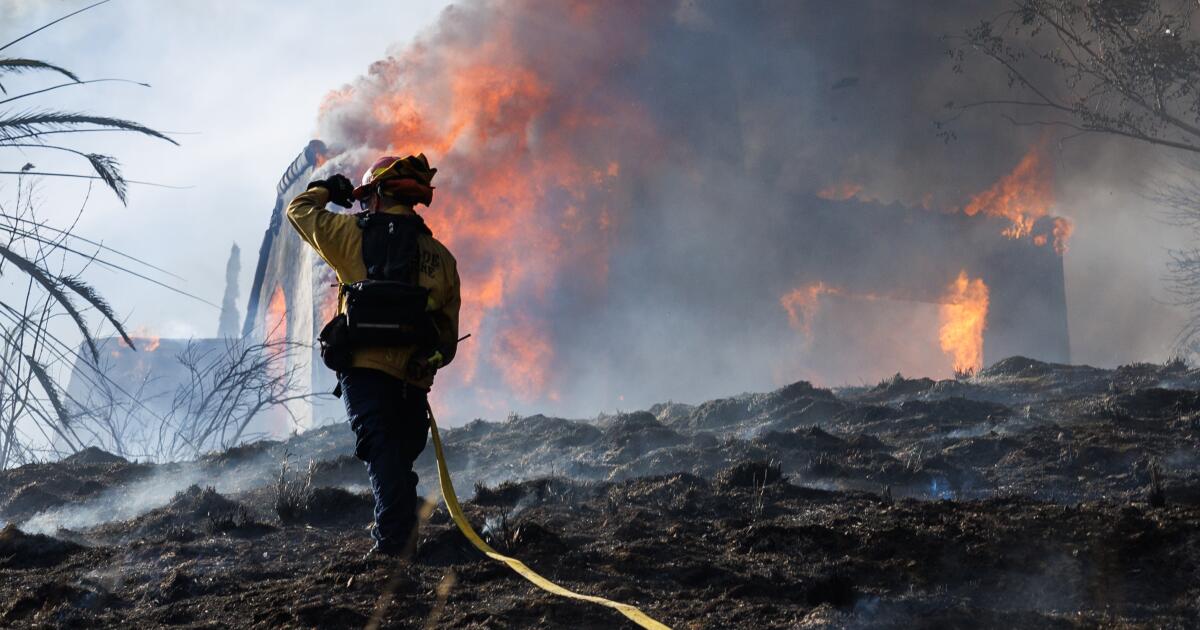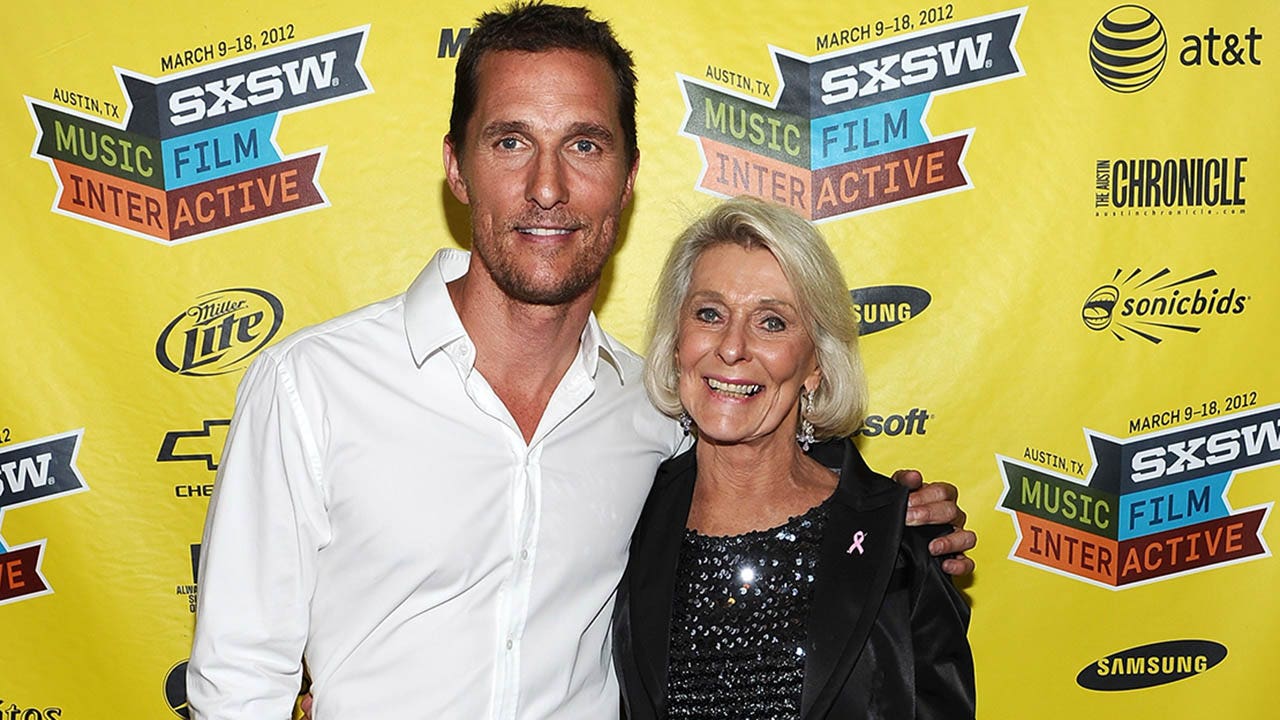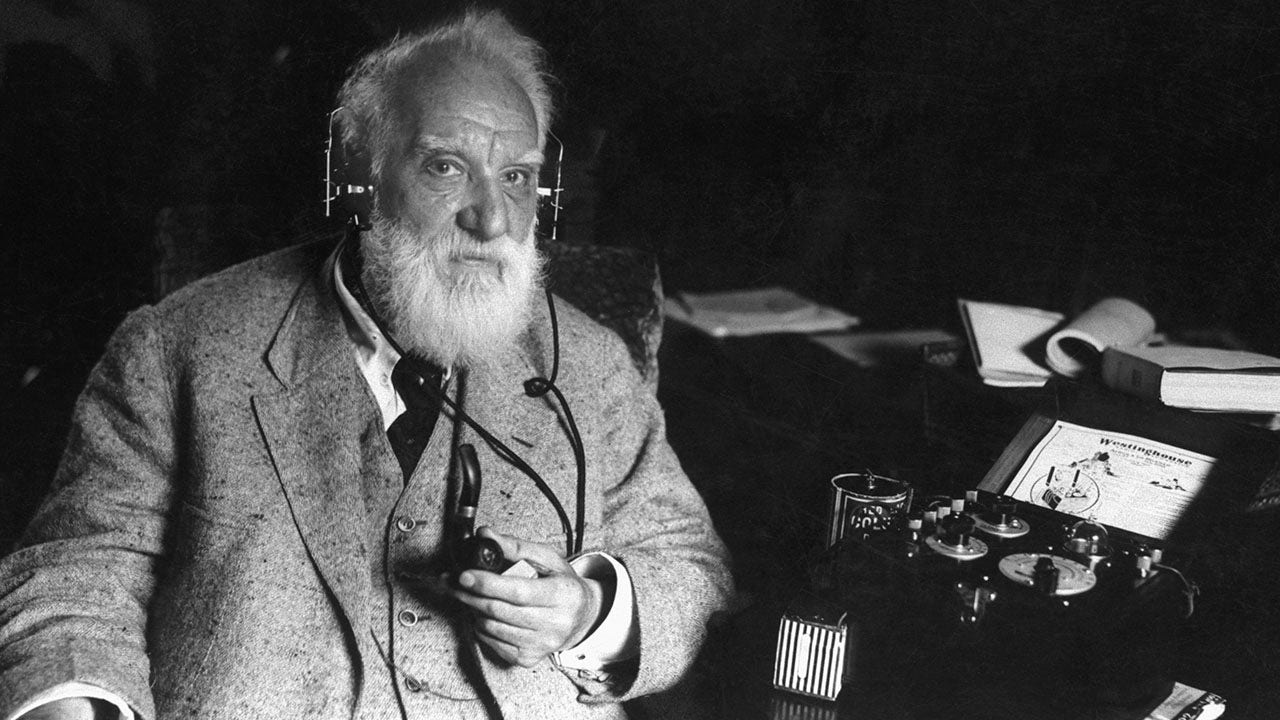One student lived in a car, in a homeless shelter, in motels, and with family members. Another was kicked out of home in high school. And another shared a room with his entire family and worked washing dishes.
These Los Angeles Unified high school students represent a complex mosaic of hardships, but they have also overcome tremendous adversity, and they were among 130 who were honored Monday by the district at BMO Stadium south of downtown. where many received university scholarships.
“You are here because you accomplished something, because you made sure your life had meaning,” author Luis Rodríguez said in remarks to the graduates.
Rodriguez, who also overcame hardships in his youth, told the graduates to learn to love themselves positively and that “angels will come out of nowhere: teachers, mentors and people will come out to help you. That has been my experience.”
About 15,000 students are homeless in the Los Angeles Unified School District, an increase of about 3,000 students or about 25% from the previous year. These numbers are “likely an undercount, as students self-identify as homeless,” said district spokeswoman Britt A. Vaughan. Across Los Angeles County, about 47,700 students faced housing instability during the 2022-23 school year, out of nearly 1.4 million students.
In a given year, about 11% of California students experiencing homelessness will spend some time living in temporary shelter or without shelter at all. An additional 6% will live in a hotel.
The school is your stability.
Janai Johnson of James Monroe High School was a featured speaker at a recognition ceremony honoring graduating students who, like her, had overcome homelessness.
(Al Seib / For The Times)
Janai Johnson said she was determined to achieve stability once she walked through the school doors at Monroe High in the San Fernando Valley. She was going to stay in school…and stay in that particular school. Her mother shared that determination, although her breakup with her husband (a necessity, Janai says) complicated things financially.
“I've been in and out of homeless shelters, motels and staying with different family members all over California,” Janai said. “So that definitely takes its toll.”
Janai's mother found shelter and work at Union Rescue Mission downtown, but it was more than 23 miles away from Monroe High, more than an hour's drive during peak traffic. Still, it was a breeze compared to more than a year they spent in a small apartment in Moreno Valley, when her mother drove her 85 miles and two hours each way.
“My mom and I are very close,” Janai said. “She has been my number one supporter forever. She constantly tells me how proud she is and that if I get a higher education, things will be easier for me. And I think that’s why I’ve always been so interested in college.”
Janai remembers having to arrive at school early: being the first to arrive and shivering in the morning cold. She struggled to actively participate in school activities. These included a program called AVID, which helps prepare students for college and careers. Her mother never finished college.
Sometimes the schedule was too much and Janai would fall asleep in class, but her teachers were understanding. And she managed to maintain a 3.0 GPA.
Janai plans to study early childhood development at Cal State Channel Islands.
On your own

Grant High's Matthew Mosteller looks at his scholarship certificate after the end of the ceremony. Around 130 older people participated.
(Al Seib / For The Times)
The state defines homeless youth as those who “lack a fixed, regular, and adequate nighttime residence.”
Matthew Mosteller's mother died in childbirth. His grieving father was not prepared to raise a child, so Matthew's grandparents stepped in, he said. When his father returned to the picture, Matthew lived with him. But Matthew said he was rebellious and his father began a new relationship, followed by a baby. Matthew was kicked out at age 17 and was left to fend for himself, working at a pizzeria, he said. That's not enough to pay for his own house, so he's moved out.
But he did not give up having a life at school. He won election as student body leader and became a peer counselor, maintaining a 3.97 GPA. Matthew plans to be a firefighter and will likely attend a local community college to obtain the necessary credentials.
“I was stressed about how hard it would be,” Matthew said. “But at the end of the day, I knew he could still succeed and overcome everything.”
heading to university
According to census data, approximately 15,307 homeless California students enrolled in 12th grade during the 2022-23 academic year. Only about half enroll in college, although data indicate that an overwhelming majority want to pursue careers that require post-secondary education. A bill from state Sen. Dave Cortese (D-San Jose) could help, providing several months of guaranteed modest income that would shorten the time between high school graduation and starting college.
Housing instability takes many forms, including living in overcrowded and substandard conditions. Juan Mesa has been living with his parents and his younger brother in a single room in an apartment without air conditioning that they share with another family.
About 8 in 10 students living in unstable housing share small spaces with more than one family, according to state data.
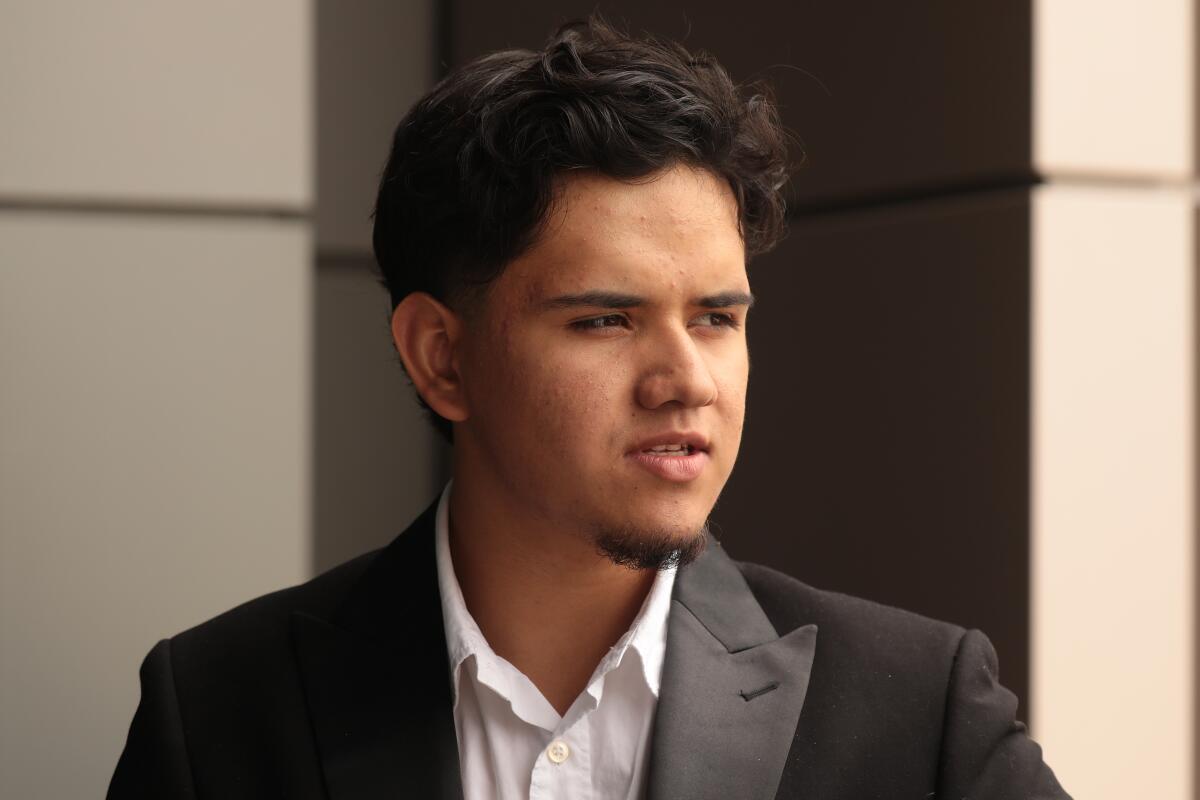
Juan Mesa of the Edward R. Roybal Learning Center excelled in school despite having to work as a dishwasher and live in a one-room space with his parents and brother in an apartment shared with another family.
(Al Seib / For The Times)
When Juan was 15 years old, his family emigrated from Bogotá, Colombia, where his father was a teacher and his mother worked odd jobs. His father dreamed of a better opportunity for his children in the United States and spent several years saving.
But poverty awaited them in Los Angeles, especially since it was a while before their parents were allowed to work. Juan helped by working as a dishwasher 20 to 30 hours a week.
“We always had the belief of helping the family; that's something really important. So when times were tough, I stepped in and had to get a job,” she said.
He excelled at the Roybal Learning Centre, just outside the city centre, and spoke excellent English within a year. She quickly moved on to Advanced Placement English classes. She plans to major in the field of public health when she begins at UC Davis in the fall.
Thriving in Los Angeles
Like many other homeless students, Xavier Moreland was moved from one family member to another on several occasions, and had to do it alone, without a permanent connection to a supportive family member.
“I was never, ever celebrated for anything in my life,” he said. “And he kind of made me struggle in school. Socially it was very difficult for me to get along with others because that was all I knew. And they often harassed me.”
Xavier grew up in Ohio, but was eventually able to connect with a supportive older brother in Los Angeles. His brother, other adults and friends helped him thrive and reach this graduation day, he said.
Xavier plans to attend a community college in Napa Valley, where he hopes to learn about the hospitality industry.
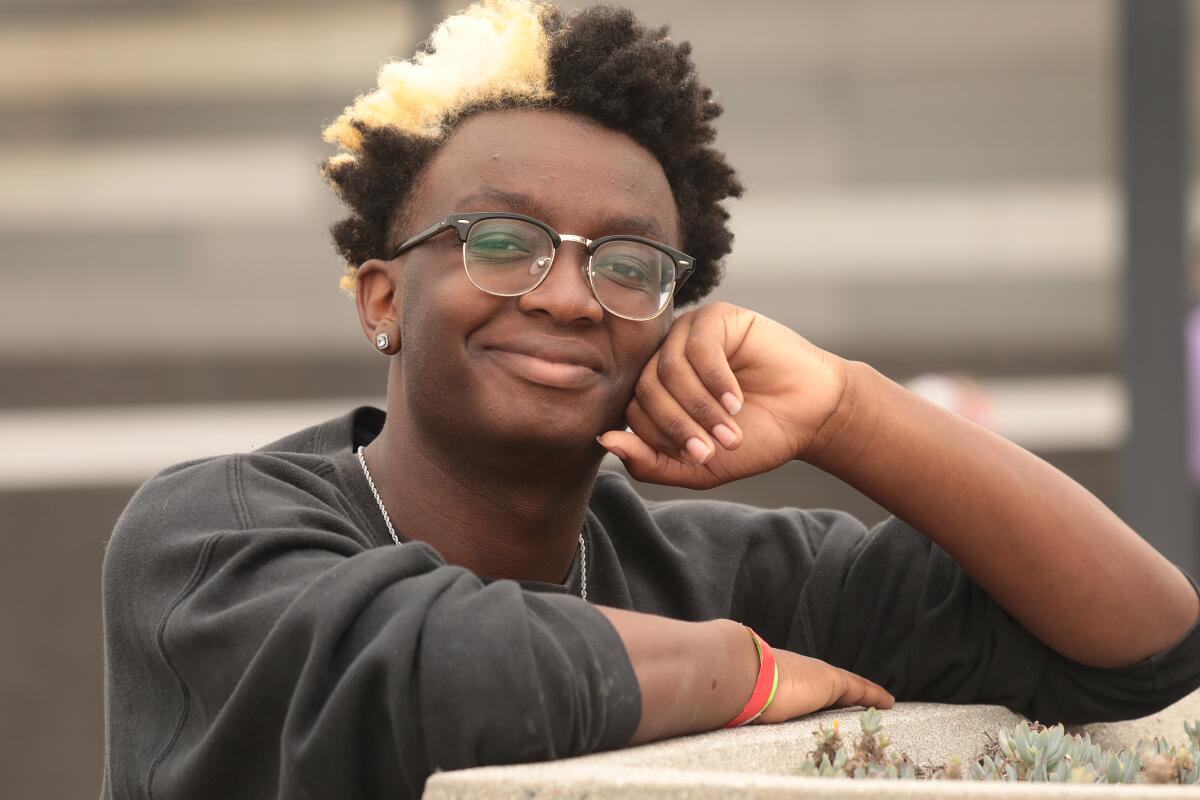
Grant High School's Xavier Moreland said his life recently changed after years of family instability.
(Al Seib / For The Times)


